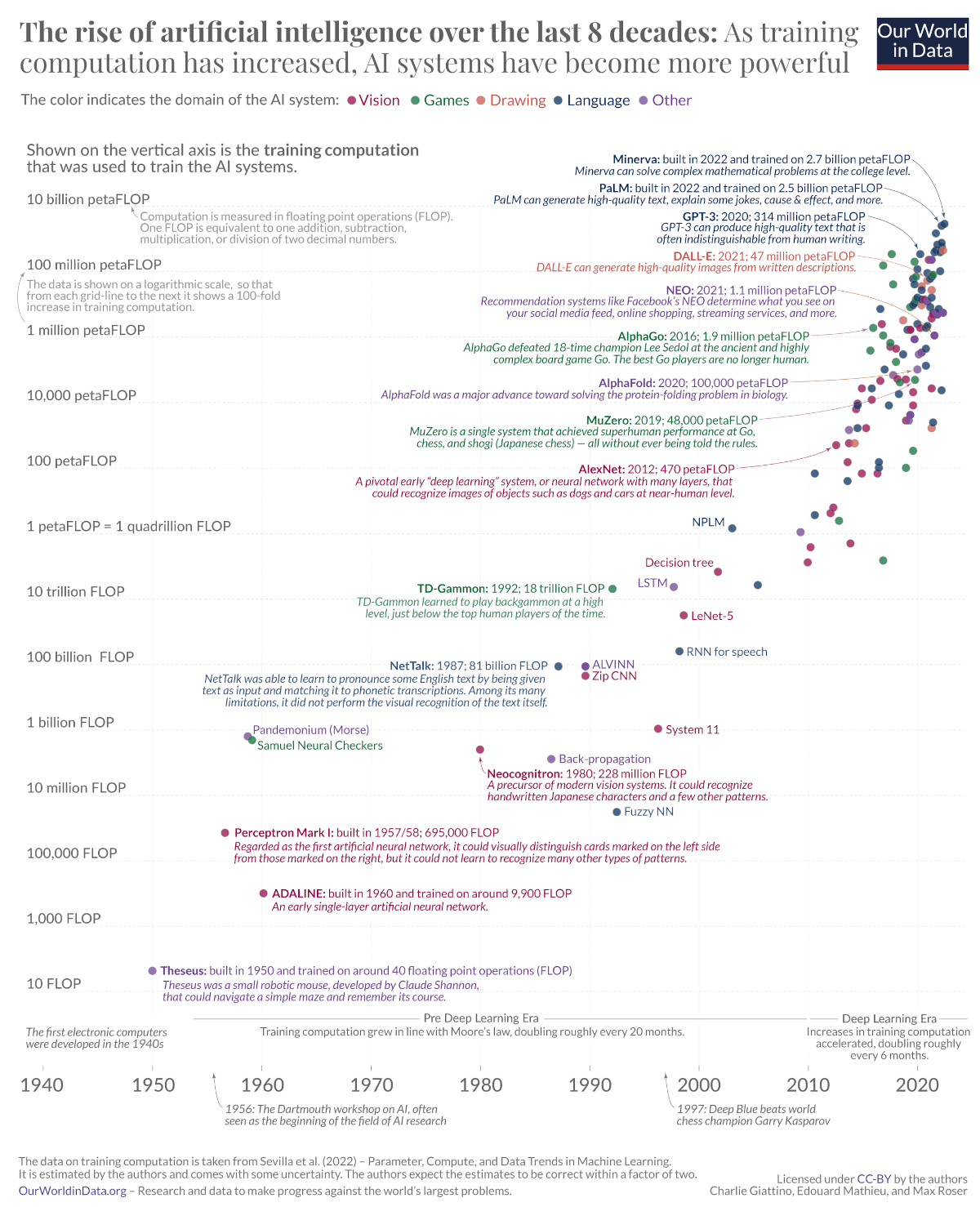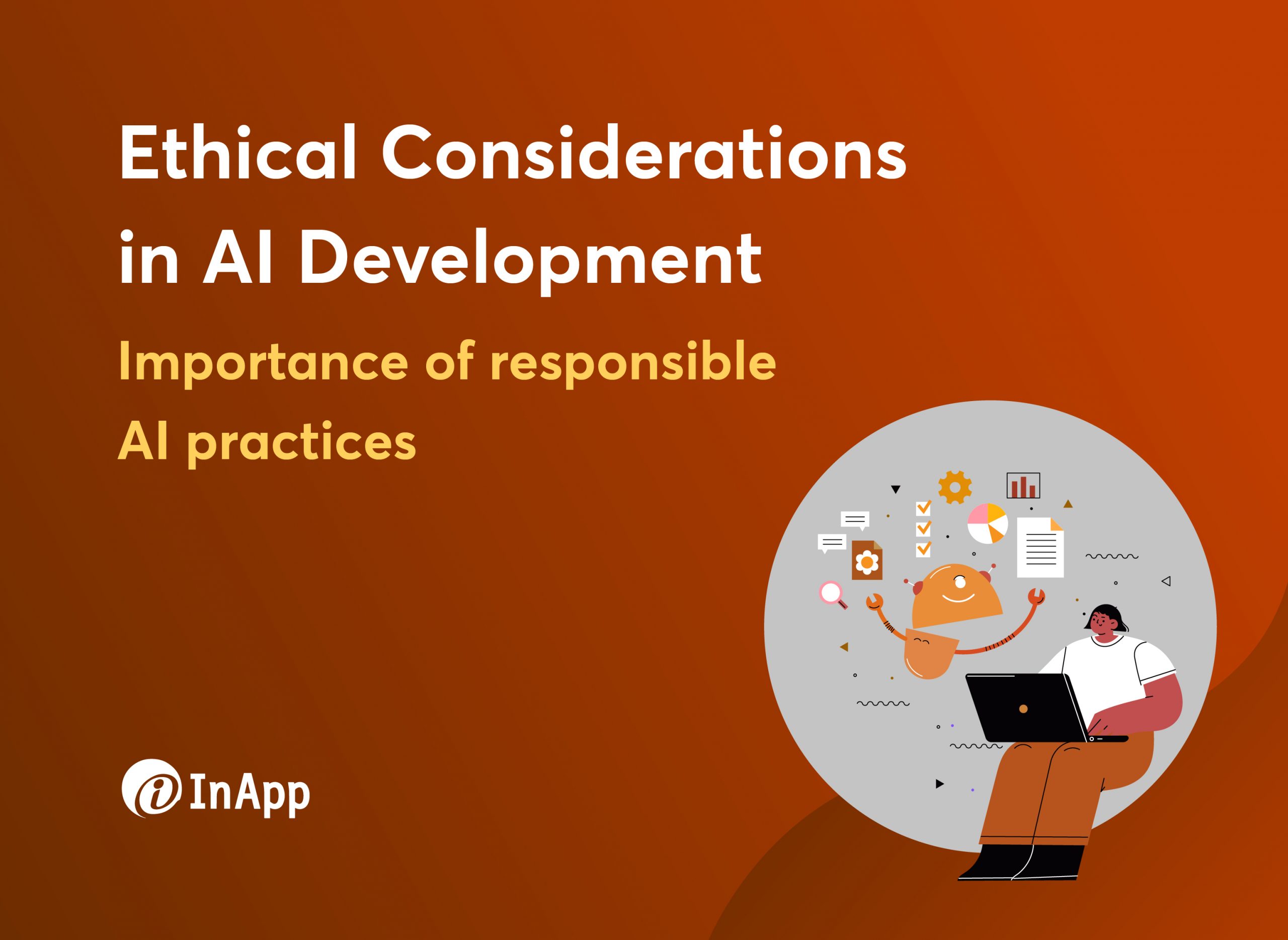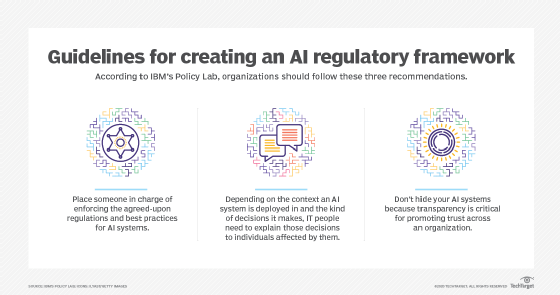What if Dario Amodei Is Right About A.I.?
This video delves into the exponential growth of AI systems fueled by increasing data and computing power. It discusses the accelerating capabilities of AI models, the importance of responsible scaling, the societal impact of AI advancements, and the need for ethical considerations in AI development. The presenter explores the challenges of integrating AI into various aspects of life while balancing automation with human creativity and cognitive abilities.
Table of Contents
- Introduction to AI
- Builders' Perception of Time
- The Scaling Laws and Exponential Growth
- The image below illustrates the concept of scaling laws and exponential growth in AI systems.

- The Power of Exponential Thinking
- The image below demonstrates the potential breakthroughs in AI development and the exponential growth expected in the near future.

- Predictions for AI Systems' Development
- Future of AI Systems Development
- Comparison with Other AI Experts
- Rhythms of AI Advancement vs. Societal Reaction
- Personal Experience at Open AI
- Future Prospects for AI Models
- Challenges in AI Model Development
- The image below sheds light on the challenges and breakthroughs in AI model development.

- Detachment from Truth
- Insidious Deception
- Interpretability Challenges
- Responsible Scaling
- Modeling Truth and Falsehood
- Safety Measures for AI
- Government Involvement in AI
- Energy Consumption and AI
- Applications of AI
- Energy Usage Dilemma
- The image below highlights the importance of ethical considerations in AI development.

- Social Good and AI
- Intellectual Property and AI
- Adapting to Changing Technology
- Future of Work and Society
- Ethical Considerations of AI Use
- Preparing for AI Integration
- Business Models and AI
- Educating Children in an AI World
- Creativity and Technology
- Societal Challenges of AI
- Training Data and Intellectual Property
Altered Sense of Time and Exponential Growth in AI
Discussing the altered sense of time among AI builders and the scaling laws that predict the exponential growth of AI systems.
The Power of Exponential Growth
Explaining the concept of scaling laws and how feeding more data and computing power into AI systems leads to exponential growth in their capabilities.
Predictions for Future AI Systems
Illustrating the power of exponential growth using the example of COVID-19 cases doubling every 3 days.
Potential Breakthroughs in AI Development
Discussing the belief that we are just beginning to tap into the potential of AI systems and the rapid advancements expected in the next 2 to 5 years.
Contrasting Perspectives on AI Development
Suggesting listening to other AI experts to contrast perspectives and insights on AI system development.
Rapid Advancements vs. Societal Reaction
Analyzing the discrepancy between the rapid advancement of AI technology and the slower pace at which society perceives and reacts to these changes.
Personal Experiences at Open AI
Sharing personal experiences at Open AI and the evolution of AI models over time, highlighting the challenges and advancements.
Challenges in AI Model Development
Discussing the potential breakthroughs and challenges in AI model development, including interactions and actions in the real world.
Responsible Scaling in AI
Introducing the concept of responsible scaling in AI development, including AI safety levels and the need for regulatory frameworks to ensure safe deployment of AI systems.
Modeling Truth and Falsehood in AI
Discussing the importance of models distinguishing between truth and falsehood and the implications for societal trust in AI technologies.
Government Regulation and AI
Considering the role of government in regulating AI, including the idea of governments building their own Foundation models to understand AI systems for regulatory purposes.
Energy Consumption and AI
Discusses the moral and conceptual questions surrounding energy consumption in relation to AI development and the potential uses of AI models.
Social Good and AI Applications
Explores different scenarios where AI models are used for various applications, including automation of tasks, resource efficiency, and labor-saving processes.
Intellectual Property and AI
Analyzes the ethical and legal implications of using training data and intellectual property in AI systems, highlighting issues of copyright infringement and compensating creators.
Future of Work and Society with AI
Examines the balance between human creativity and AI assistance in tasks, highlighting the complementary role of AI in refining ideas and creative processes.
Ethical Considerations of AI Usage
Discusses the broader societal challenges posed by AI advancements and the need for proactive solutions to address economic disruptions and ensure human flourishing.
Preparing for AI Integration
Explores the limitations and challenges of AI systems in replicating human thought processes and the importance of human creativity in certain aspects of work.
Adapting to Technological Changes
Examines the balance between automation and human creativity in utilizing AI technology, highlighting the importance of preserving human cognitive abilities in the face of technological advancements.
Implications of AI Automation
Discusses potential business models that align with ethical AI usage and ensuring fair compensation for data and content used in AI systems.
Parenting and AI Integration
Reflects on the challenges of parenting in a rapidly changing technological landscape and the importance of preparing children for a future shaped by AI advancements.
AI Integration in Education
Explores the challenges and opportunities of integrating AI technology into education, emphasizing the need for adaptability and readiness for a technology-driven future.
Conclusion
Discussing the ethical considerations, societal challenges, and potential future implications of AI, it is evident that the role of AI in our lives will continue to evolve, requiring thoughtful planning and responsible development to ensure a positive impact on society.
FAQ
Q: What are scaling laws in the context of AI systems?
A: Scaling laws predict exponential growth in AI systems based on increasing data and computing power.










